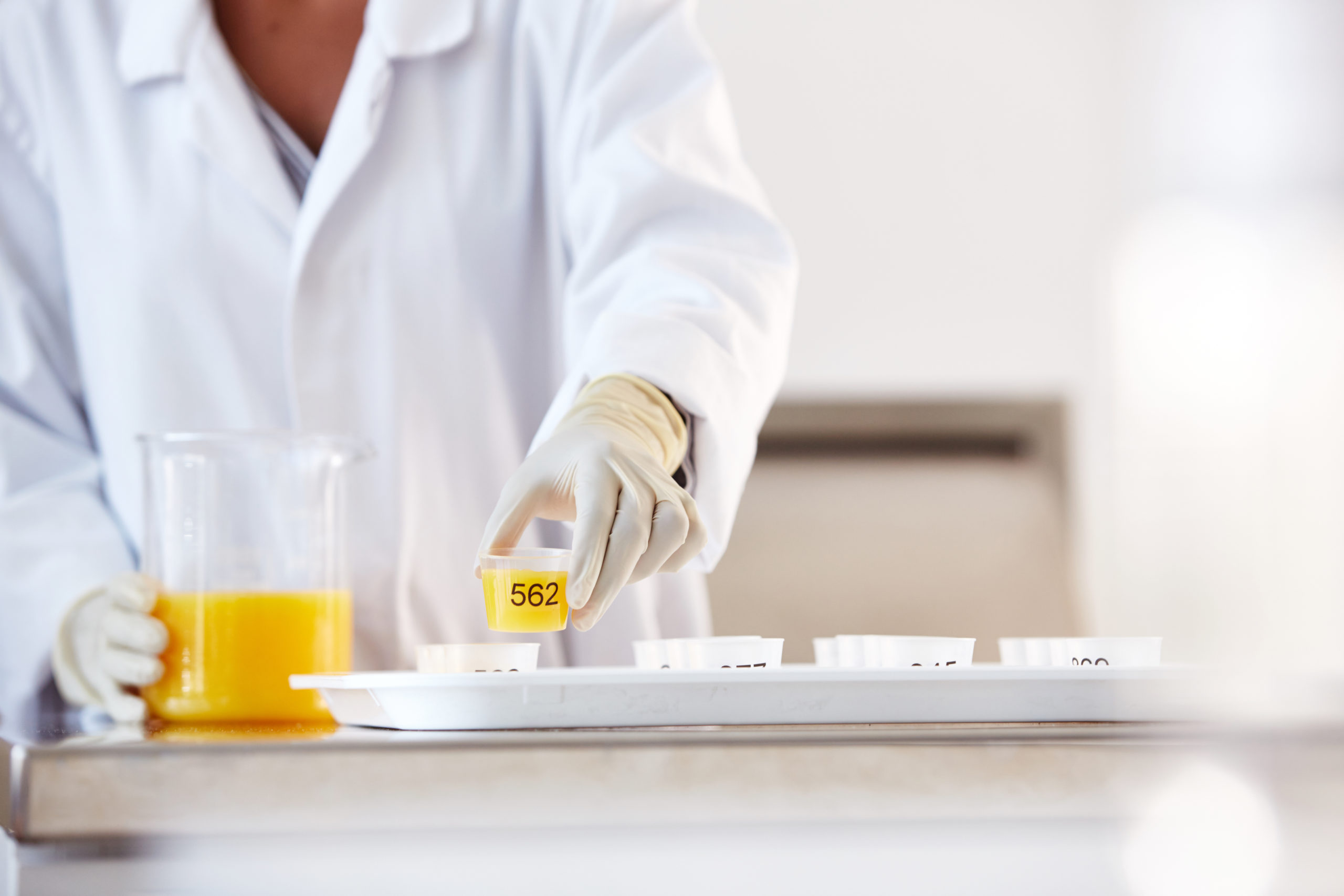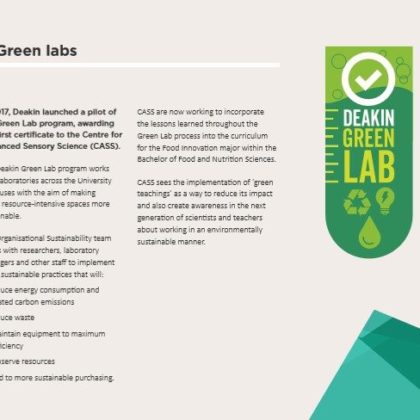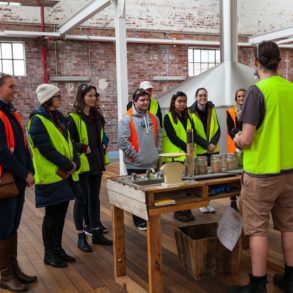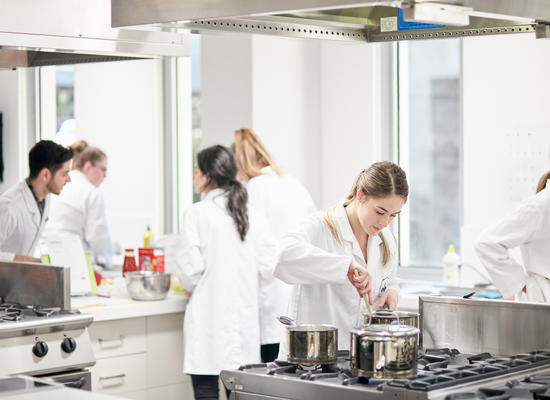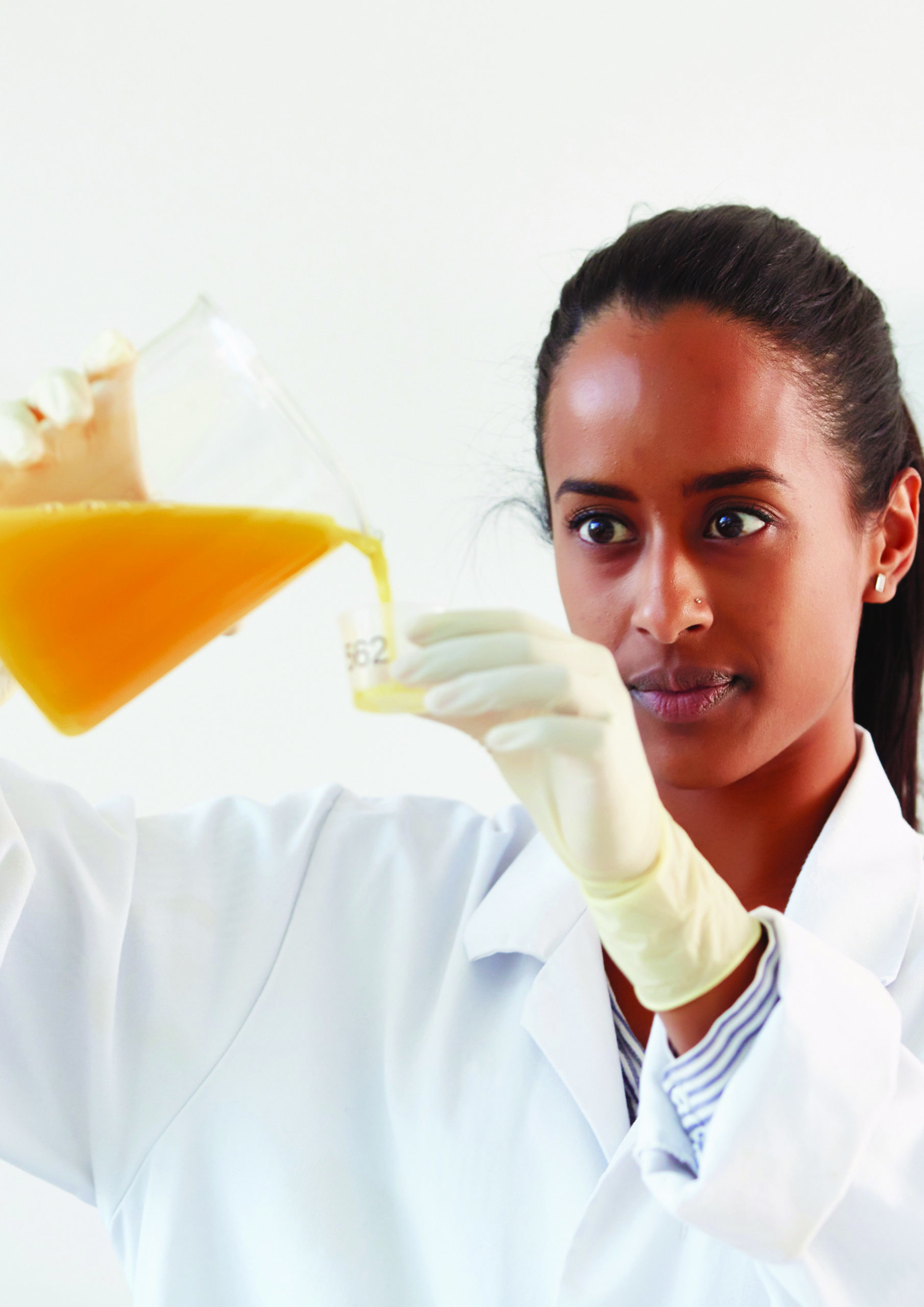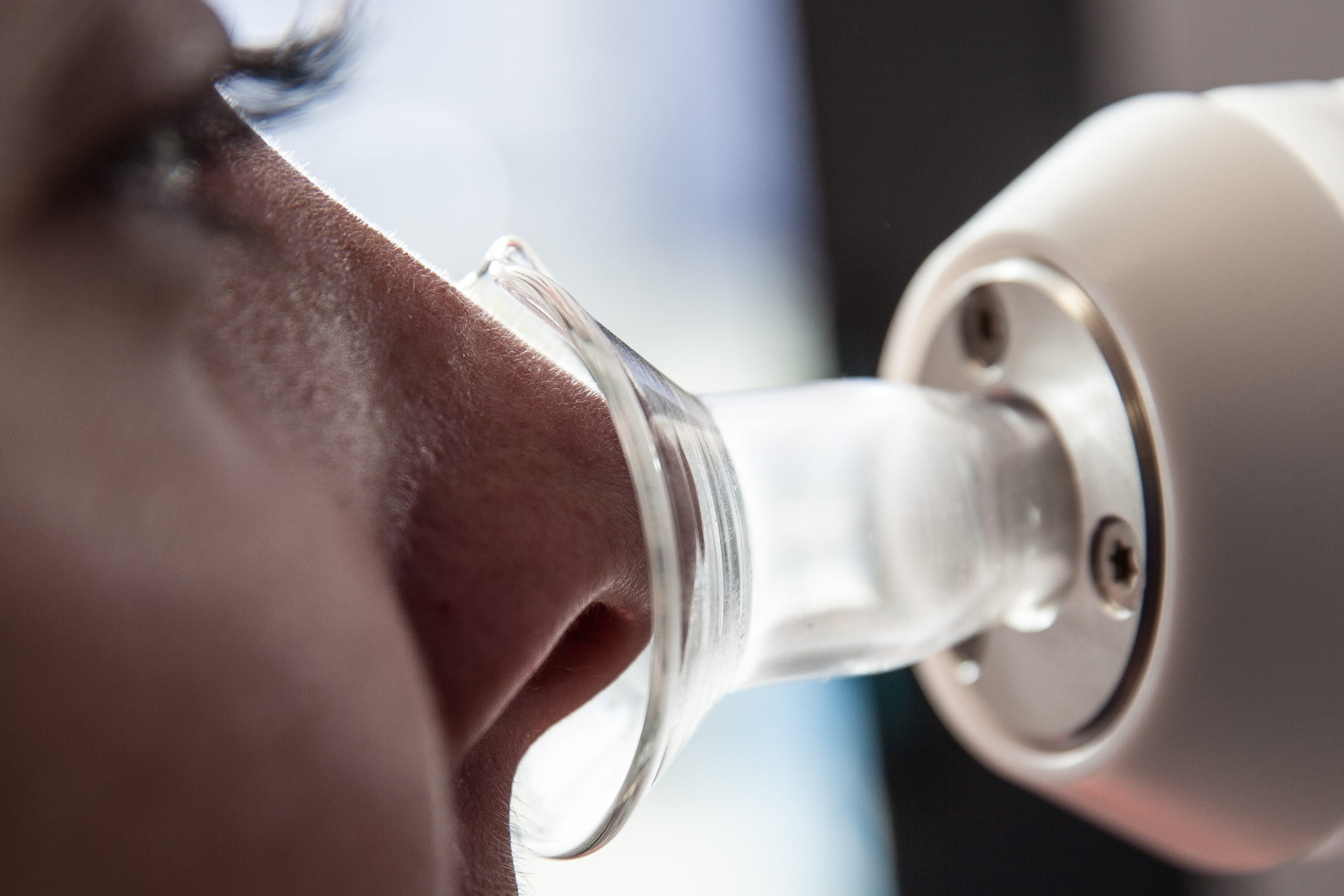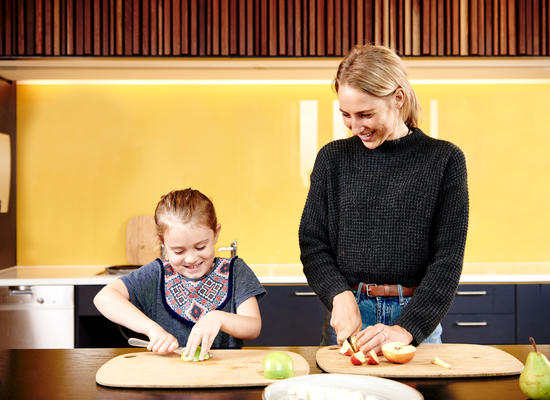CASS sees the implementation of ‘green research & teachings’ as a way to both reduce our environmental impact and create awareness in the next generation of scientists and teachers about working in an environmentally and sustainable manner – so watch this space for information of our greening efforts.
At CASS, we are also aware that laboratories (including our own) are resource-intensive spaces that require high levels of energy to function. This is why at the beginning of 2017, CASS approached the Sustainability at Deakin University to help with our ‘green’ efforts of becoming an environmentally conscious and sustainable laboratory. By February 2017, the Green Lab pilot program was launched to improve the sustainability of Deakin labs. And we are proud to announce that in August 2017 CASS was awarded the first Green Lab certification in the University!
As part of the Green Lab program and green efforts, CASS has implemented more sustainable practices that have and will continue to:
- reduce energy consumption and related carbon emissions
- reduce waste
- maintain equipment to maximum efficiency
- conserve resources
- lead to more sustainable purchasing
